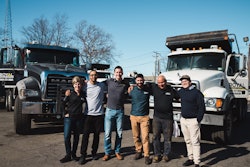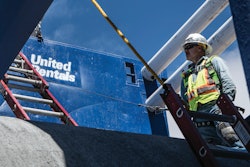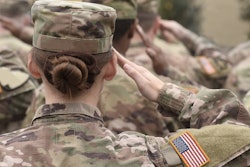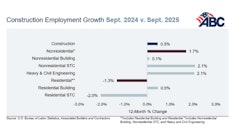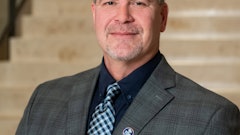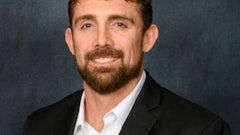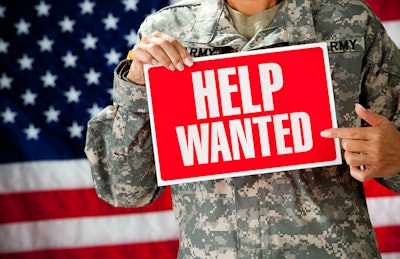
Trying to find hard-working, determined workers can feel like searching for four-leaf clover. Companies are utilizing unique ways to fill vacancies on their crews, looking at temporary or gig workers, enticing millennials with new technology and so on. However, there is untapped potential in a skilled and loyal talent pool, expand the search to military veterans and service members.
Veterans bring valuable skills and experience from their service to the workforce and can really aid at filling openings with their high-level training and expertise. They are disciplined team players that can support any business or role.
1. Leadership Talents
The military trains people to lead by example as well as through direction, delegation, motivation and inspiration. Service members often achieve the kind of big-picture perspective that is key to being an effective leader, and they learn this early in their careers. Veterans understand the practical ways to manage behaviors for results and take responsibilities seriously.
2. Know How to Work as a Team
They understand how genuine teamwork grows out of a responsibility to one's colleagues. Military duties involve a blend of individual and group productivity. According to the U.S. Department of Veteran Affairs, "Teamwork is considered an essential part of daily life and is the foundation on which safe military operations are built."
3. Know How to Take Constructive Criticism
The military relies on debriefings and they are used to analyze a mission afterward by assessing what happened and determining what can be done to improve future outcomes. Periodically assessing whether a project or process was successful and how it could have been improved offers a good way for firms to stay at the top of their end goal, a quality job completed.
4. Respect for Procedures or Processes
Veterans have a unique perspective on the value of accountability because of the way they were trained. They can grasp their place within an organizational framework, becoming responsible for subordinates' actions to higher supervisory levels. They know how policies and procedures empower an organization to exist.
5. Conscious of Safety
Service members have had extensive training and are aware of safety protocols for both themselves, the welfare of their team and others. This awareness and conscientiousness translates into protection of employees, equipment and materials.
6. High Performance Under Pressure
Tight schedules and limited resources are a daily schedule for service members. They have developed the capacity to know how to accomplish priorities on time, in spite of tremendous stress. They know the critical importance of staying with a task until it is done correctly and in its entirety. Veterans understand the responsibility for job performance and accountability for completing projects are something to take pride in.
7. Overcome Difficult Situations
They have the ability to follow through on assignments and tasks, even under difficult or stressful circumstances. They have proven their tenacity in mission critical situations demanding endurance, stamina and flexibility through strength and determination.
An Organization Led by Veterans, For Veterans
Organizations like Helmets to Hardhats are making an effort to connect transitioning U.S. Service members to registered apprenticeship opportunities in Minnesota's construction trades. The director of the program, Justin Rost, knows firsthand how leaving the military can be as big of a step as deciding to join and transitioning to everyday life can be overwhelming.
“When I got back it took me a long time to be comfortable walking around a mall or moving through my day without my regiment – I felt like something was missing all the time,” says Rost. “I went back to school but when it came to jobs, after a few years I would get antsy, question my purpose and find something else.”
This national program connects transiting active-duty military members, veterans, National Guard and Reservists with the skilled training and quality career opportunities within the construction industry.
“The similarities in technical skills, workplace discipline and the culture of brother and sisterhood prominent in both the military and in trade unions is what supports veterans finding value and purpose in their new career paths,” says Rost. “We also actively collaborate with the VA, the VFW, the Minnesota Assistance Council for Veterans (MACV), the Minnesota Department of Employment and Economic Development (DEED) and mental health and wellness support groups like the Twin Cities Suicide Prevention Coalition.”





